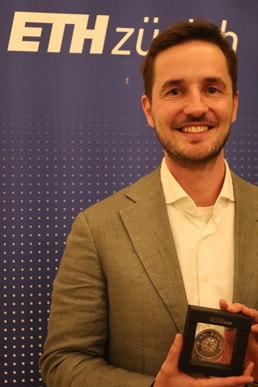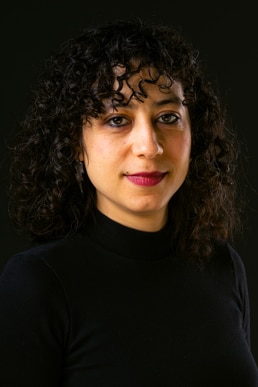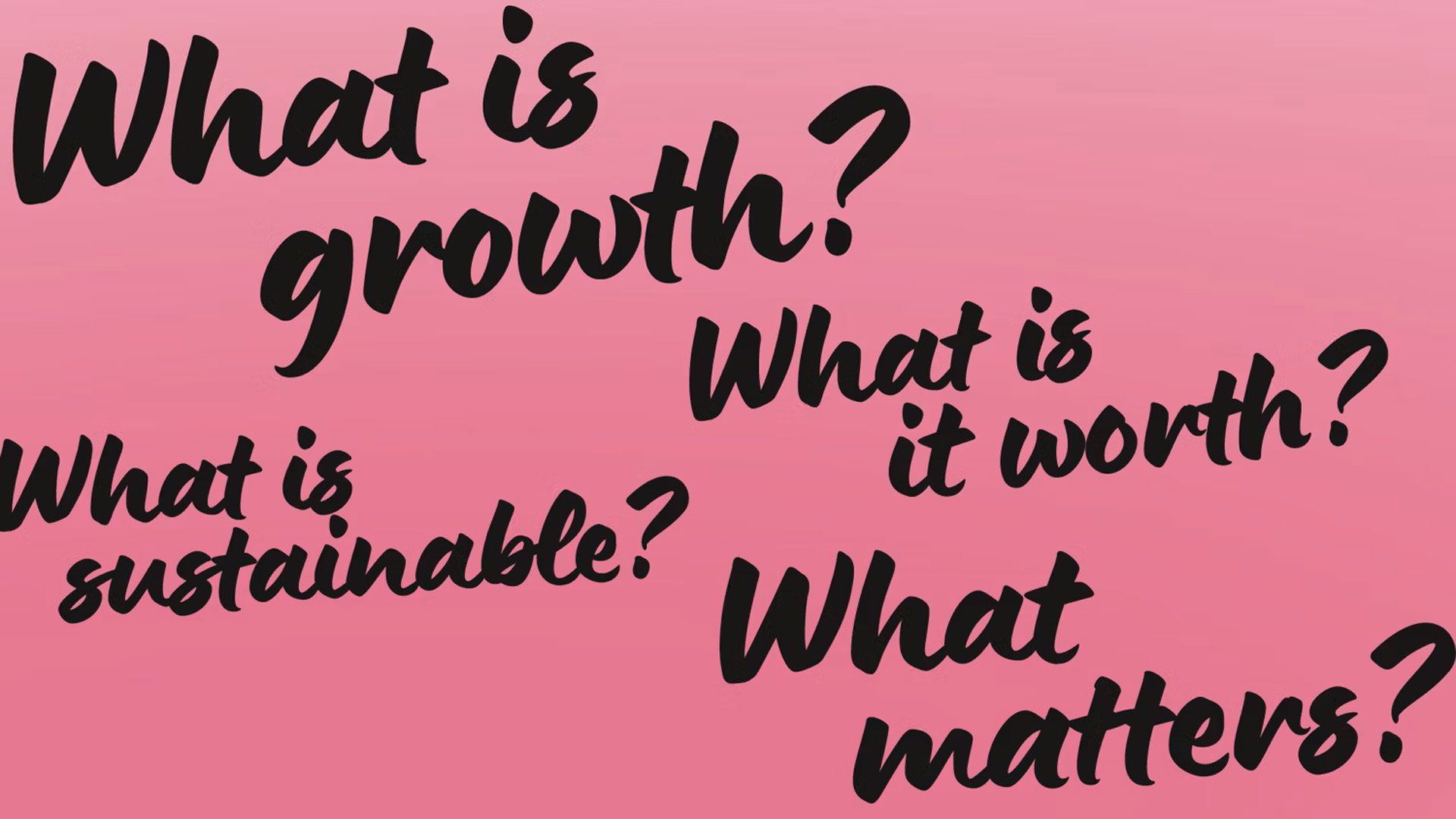ETH4D Research to Action Project
ETH4D supports researchers at every stage of the project life cycle, from initiation to prototype development through to the successful implementation of the insights their work has generated. One example of an ETH4D Research to Action Project is Kwame AI, a start-up dedicated to delivering science and technology education across Africa via smartphones. One of the products it has developed is an app-based AI teaching assistant that helps users learn to code. Thanks to the quality of the Kwame AI online programme, graduates have received job and internship offers from international tech companies or have gone on to study computer science or engineering at top universities.





